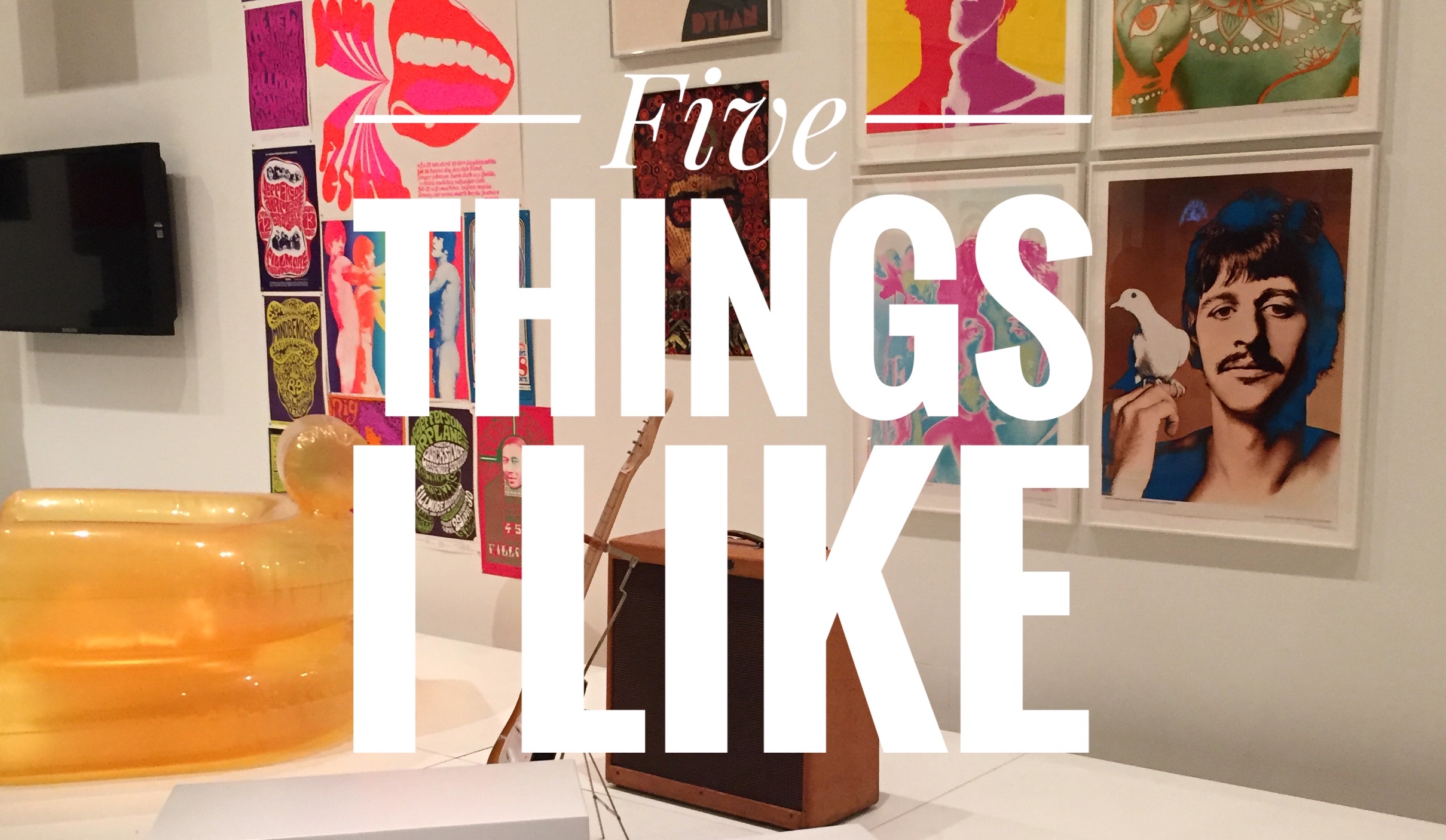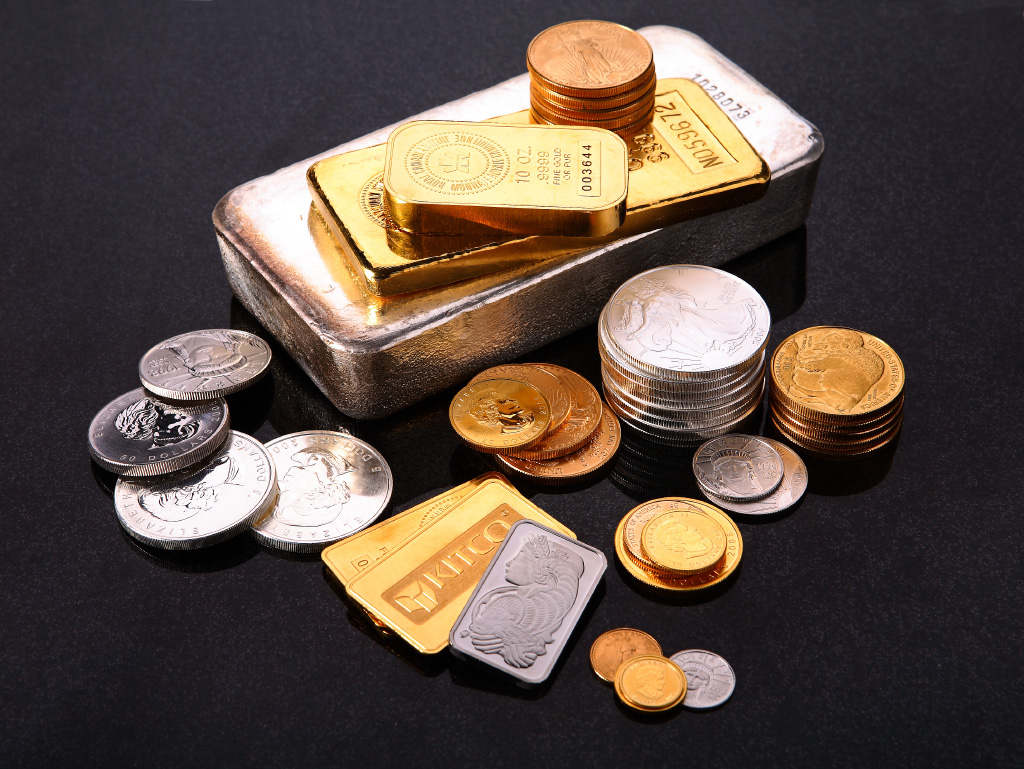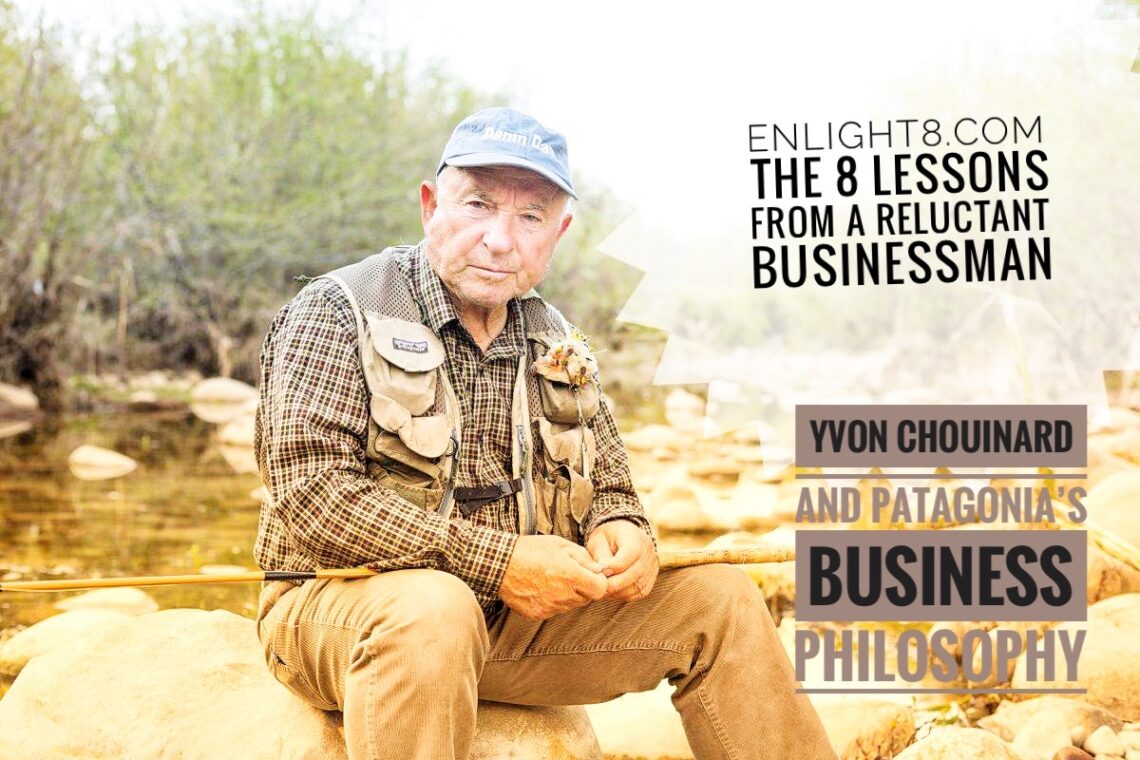
8 Lessons from A Reluctant Businessman: Yvon Chouinard and Patagonia’s Business Philosophy
I encountered Yvon Chouinard many years ago after his talk on business’s moral role in environmental sustainability and immediately bought his book “Let my people go surfing. The Education of a Reluctant Businessman.”
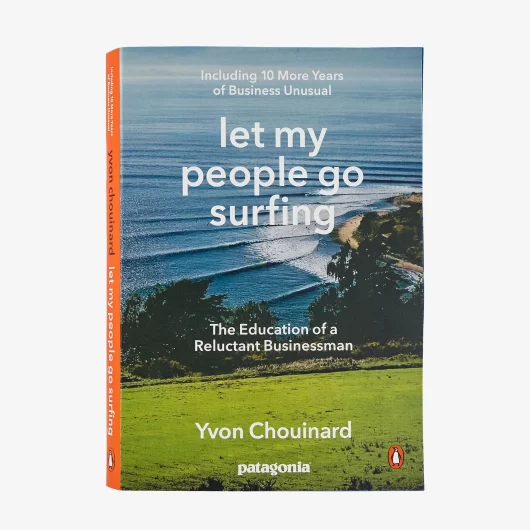
“Going back to a simpler life based on living by sufficiency rather than excess is not a step backward. Rather, returning to a simpler way allows us to regain our dignity, puts us in touch with the land, and makes us value human contact again.”
— Yvon Chouinard
“How you climb a mountain is more important than reaching the top.”
— Yvon Chouinard, Let My People Go Surfing: The Education of a Reluctant Businessman
The word ‘reluctant’ businessman caught me off-guard in the book’s name. Here was a man who went into business based on necessity, not money. His goal was never about money. Instead, his goal was to ensure that companies stopped killing the planet and maybe killing the ‘fun’ of work.
Yvon Chouinard was one of the first businessmen who founded a company centered on his philosophy of a more ethical, humane, and environmentally-friendly way of producing products. In his book Let My People Go Surfing, he documents the journey, philosophy, and core values of his company Patagonia toward running an environmentally and ethically mindful company.
In the book’s introduction, Chouinard stated that business was responsible for “the majority of the blame for being an enemy of nature, for destroying native cultures, for taking from the poor and giving to the rich, and for poisoning the earth with the effluent from its factories” an insight that was ahead of its time.
He formed his company Patagonia with the unrelenting philosophy to “do good” to the planet. I remember his talk about how most dyes used in clothing are toxic and contaminate the water supply, poisoning the workers and the soil. It was a harsh, unrelenting reality, and Patagonia’s mission statement of making great products that do less harm to the environment was a new philosophy back then.
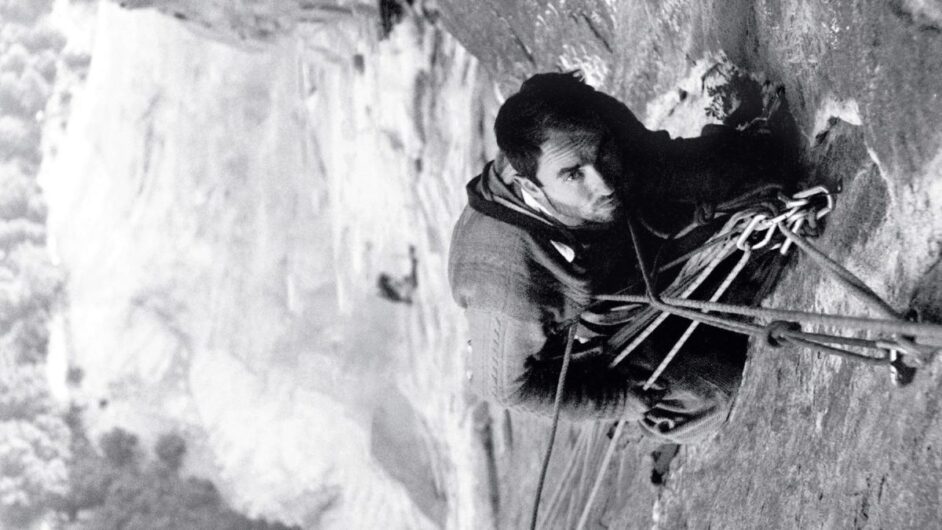
Recently, Yvon Chouinard was in the news for donating nearly his entire Patagonia company, worth $3 billion, to fight off climate change. So, with a mission that will genuinely outlive him and a legacy that will help the planet, here are lessons from Yvon Chouinard’s way of business and his philosophy on running a sustainable company that can help preserve the Earth for future generations.
“I’ve always thought of myself as an 80 percenter. I like to throw myself passionately into a sport or activity until I reach about an 80 percent proficiency level. To go beyond that requires an obsession that doesn’t appeal to me. Once I reach 80 percent level I like to go off and do something totally different; that probably explains the diversity of the Patagonia product like – and why our versatile, multifaceted clothes are the most successful.”
— Yvon Chouinard, Let My People Go Surfing: The Education of a Reluctant Businessman
1. Build Your Company’s Vision Around Your Core Values
When visiting Patagonia’s website, its core values are at the forefront of the company’s website. This may be true today when all companies seem to have these aspirational mission statements, but it was new when Yvon Chouinard started his company.
However, what differs from Yvon Chouinard’s approach with Patagonia is how the company centers its operation by strictly adhering to and following these core values and vision goals. In the book “Let my people go surfing…” he writes the values as follows:
“We begin with the premise that all life on Earth is facing a critical time, during which survivability will be the issue that increasingly dominates public concerns. Where survivability is not the issue, the quality of human experience of life may be, as well as the decline in the health of the natural world as reflected in the loss of biodiversity, cultural diversity, and the planet’s life support systems.”
“…The fundamental goal of this corporation is to operate in such a manner that we are fully aware of the above conditions and attempt to reorder the hierarchy of corporate values while producing products that enhance both human and environmental conditions.”
— Yvon Chouinard
With these sets of visions and goals, Patagonia and Yvon Chouinard created a mission within their business for environmental activism, and this mission drives the company’s culture and thinking. This focus on the environment propagates from idea to product in the way they think about the materials they use, the process of manufacturing, the concept of repairability, and at the outset, the recycling and disposal of the product at its end life.
Another way that Patagonia centers its core values on the company’s operations is the fact that Patagonia commits to donating 1% of its sales to environmental groups that help the planet. This is a significant amount devoted to caring for the environment.
2. Dare to Be Unconventional and Act on It
“The goal of climbing big, dangerous mountains should be to attain spiritual and personal growth, but this won’t happen if you compromise the entire process.”
— Yvon Chouinard, Let My People Go Surfing: The Education of a Reluctant Businessman
Yvon Chouinard founded Patagonia clothing company to create the highest quality products with the least environmental harm on the planet. Patagonia, as a company, does many things most of its competitors would not do because their goals are narrowed to only making the most profit.
Patagonia’s decision to ensure it repairs all the clothing it sells is the opposite of fast fashion, where clothing is seen as disposable. Patagonia helps customers repair their clothing and believes in not throwing things away but keeping them forever. They even help customers resell their Patagonia clothing to others, donate them, or even recycle their garments if they need to throw them away within their own company. This, in turn, ensure the company that their clothing is of the highest quality and is made of recyclable materials.
In one interview with NPR.org, Yvon barely minces words when he says he’s not interested in creating cheap clothing lines. He illustrates his point when he tells the host a story about a friend who bought a Patagonia jacket for $15 from a woman who was offloading old clothes. Initially, the woman asked for $30 but eventually accepted $15. His friend then went to eBay and posted the jacket. When someone asked him how much for the vintage Patagonia jacket, he said, “how about $750?”
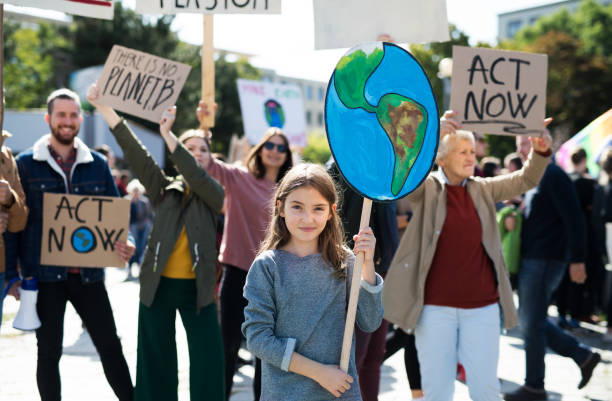
Yvon’s funny story is a central theme of his work over the years. “It’s like eating meat,” he says. “You eat a little at a time. It’s the same with clothing. We want people to think twice when buying clothes. Are you going to buy something cheap [and possibly flimsy or disposable], or will you buy something that will last for years and you can even resell it later on?”
Patagonia’s approach to ‘ethical business’ starkly contrasts with what fast fashion is all about in 2022. You don’t have to look far to see why Patagonia is so different. We can argue that Patagonia’s ethical shift decades ago is a prime example of what disruption is all about.
In stark comparison, Shein, the world’s largest-growing fast fashion brand (and manufacturer), sells everything but never thinks about all the waste due to producing disposable clothing. Instead, companies like Shein focus on trends, production, and fast-tracking commodities to market.
Patagonia is an unconventional company. Its business model does not follow many corporations. It has coupled business with environmental activism, differentiating it from the run-of-the-mill clothing company into one everyone recognizes and respects.
3. Simplicity Begets Innovation and Creativity
“The hardest thing in the world is simplifying your life; it’s easy to make it complex.”
— Yvon Chouinard
As a man of the great outdoors, Yvon knew a thing or two about keeping it simple. In his book, he always made it clear that he was the “outside guy,” the guy who did his best to “manage by absence” and bring in new ideas from the world. This was in the 1980s, and Patagonia was on the precipice of great transformation. The small company was at a crossroads. Do they dare do what Nike did and start mass-selling their products to department stores and other channels they have not explored?
“Going back to a simpler life based on living by sufficiency rather than excess is not a step backward. Instead, returning to a more straightforward way allows us to regain our dignity, puts us in touch with the land, and makes us value human contact again.
“There’s a movement for simplifying your life: purchase less stuff, own a few things that are very high quality that last a long time, and that are multifunctional.”
— Yvon Chouinard
The more Yvon learned about how the world was changing and how ecology was being devastated, the more he had to stay true to Patagonia’s compass. In this context, “trimming the fat” or getting to the core of things meant facing the beasts of capitalism head-on. So they began recycling paper in 1984 and started looking for vendors that provided them with a higher percentage of recycled paper.
Yvon made it clear that simplicity and innovation can be “disastrous.” But in the case of Patagonia, it was a beautiful kind of disaster. It was the kind of disaster that we only dream of for the rest of the landscape of mass manufacturing:
“Since we were the first catalog in the United States to use recycled paper, the result was a disaster the first season. The still-experimental paper did not hold the ink very well; the photos were blurry and the colors “muddy.”
But in that first year alone, our switching to recycled paper saved 3.5 million kilowatt-hours of electricity and 6 million gallons of water; kept 52,000 pounds of pollutants out of the air and 1,560 cubic yards of solid waste out of landfills, and prevented 14,500 trees from being felled.”
— Yvon Chouinard
4. Question Everything, And Test Your Ideas
Yvon’s spirit is one of critical insight and constant questioning. While he practiced classical management styles, he sought wisdom from outside the US. For example, he clarified that in the seventies, when Patagonia was much smaller than today, one of his activities was looking for a philosophy that would fit what Patagonia was trying to accomplish.
This spirit of philosophy and inquiry found a natural tributary in how Patagonia designed and tested its products. They were constantly improving their products and making them the best they could be. The goal was never to make them cheaper or to make even more dollars. Instead, it was doing business ethically and always in the original spirit of Patagonia.
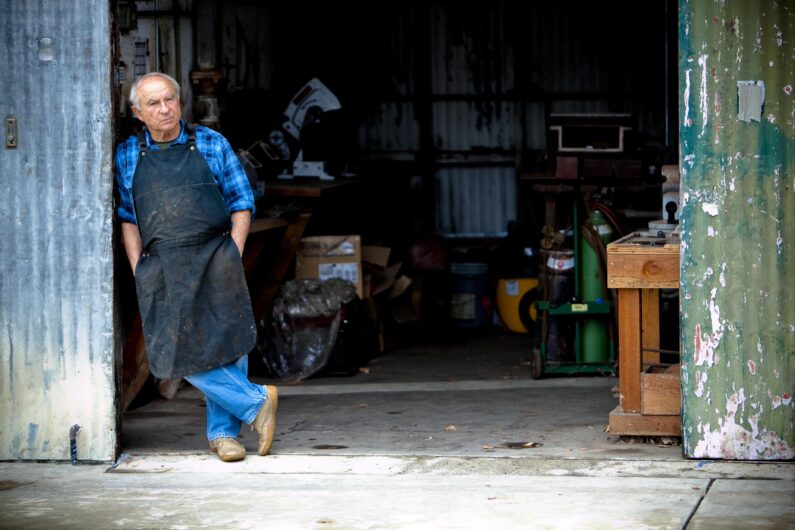
Yvon Chouinard’s philosophy was to question everything in producing Patagonia’s clothing; this included examining how the manufacturing chain could affect the planet. The idea of a ‘carbon footprint’ may be more commonplace now, but companies did not think about it at all during that time.
Here is a quote of Yvon Chouinard talking about cotton, a raw material we all use, and how it affects the planet:
“Cotton fields contribute millions of metric tons of greenhouse gas emissions every year. A conventional cotton field stinks; its chemicals burn the eyes and nauseate the stomach. Before harvesting in non-frost regions like California, cotton has to be sprayed by a crop duster with the defoliant Paraquat, about half of which hits the target. The rest settles over the neighbors’ fields and into our streams.”“When we first started looking for alternatives, organic cotton was available from a few family farmers in California and Texas. We experimented. At first we made only T-shirts with organic cotton. Then, after several trips to the San Joaquin Valley, where we could smell the selenium ponds and see the lunar landscape of cotton fields, we asked a critical questions: How could we continue to make products that laid waste to the Earth in this way? In the fall of 1994, we made the decision to take our cotton sportswear 100 percent organic by 1996.”
“None of this is necessary. No cotton was grown this way before World War II, when many of the chemicals now used in agriculture were first developed as nerve gases for warfare.”
— Yvon Chouinard, NPR “How I Built This” [source]
When Yvon Chouinard examined all the elements of its clothing manufacturing chain, it discovered whether its actions aligned with its core values. This was the philosophy they used to question everything in their business model.
5. Create A Work Culture to Enjoy Life and Have Fun
Yvon made it evident in the beginning that he didn’t set out to become a businessman. He claims that children dream of becoming firefighters or doctors; that’s their dream. He wanted to become a fur trapper. These dreams don’t die when we set out to build a career and life. Therefore, work culture has a significant impact on workplace happiness and satisfaction. Work culture establishes the foundation for everything else.
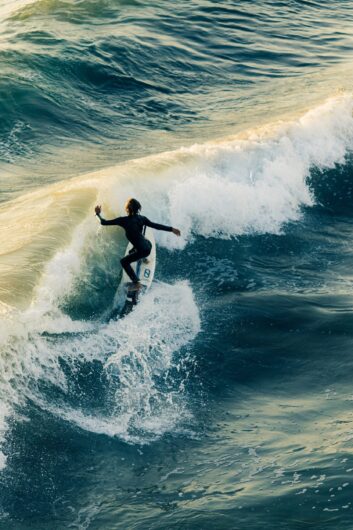
Yvon Chouinard founded Patagonia to become a different company than most corporate jobs where employees are on a leash and aren’t allowed to take off work anytime. For example, “flex-time” enabled his employees to take 3-month expeditions and not lose their jobs. He said:
“We wanted to have a job that we would allow to do that. And then we want to work with friends. We didn’t want to work with MBAs. We wanted to break the rules in business. We did not want to do it the way everybody did. We wanted to blur the distinction between work, play, and family.”
— Yvon Chouinard, UCTV [source]
“We have a policy that when the surf comes up, you drop work, and you go surfing,” says Chouinard in an NPR podcast, “How I Built This.” He adds, “I don’t care when you work as long as the job gets done.”
Source: NPR Podcast “How I Built This“
Due to the way Patagonia created its work culture focused on the employee’s well-being, Patagonia built a diverse workforce even back in the days consisting of many women working alongside their male counterparts.
Chouinard says the quality of the childcare matters since children learn more between when they are born and they are five than at any other time in their life. And though it’s expensive, Chouinard sees the daycare as a good investment.
“It’s good business. I have probably 70 percent women working for me. I have women in all upper management, and I don’t want to lose them,” he says.
Source: CNBC “Make It“
6. Make the Best Products
Yvon Chouinard started Patagonia by creating mountain climbing products by identifying people’s needs and his business philosophy of making the best products. He treated customers as friends, and their feedback was very valuable to him.
Making “the best” means identifying the need first, scrutinizing the materials and process of manufacturing, and using the feedback to further iterate and improve upon it. Yvon Chouinard said: “A Patagonia product should be identifiable even from a distance by the quality of workmanship and attention to detail. The Zen master would say a true Patagonia product doesn’t need any label.”
Patagonia’s motto underlines this approach in their financial philosophy of not using profits to drive the company but products:
“Financial Philosophy: We are a product-driven company. That means the product comes first, and the company exists to create and support our products.”
“Our mission statement says nothing about making a profit. In fact, our family considers our bottom line to be the amount of good the business has accomplished over the year. However, a company needs to be profitable in order to stay in business and to accomplish all its other goals, and we do consider profit to be a vote of confidence, that our customers approve of what we are doing.”
— Yvon Chouinard
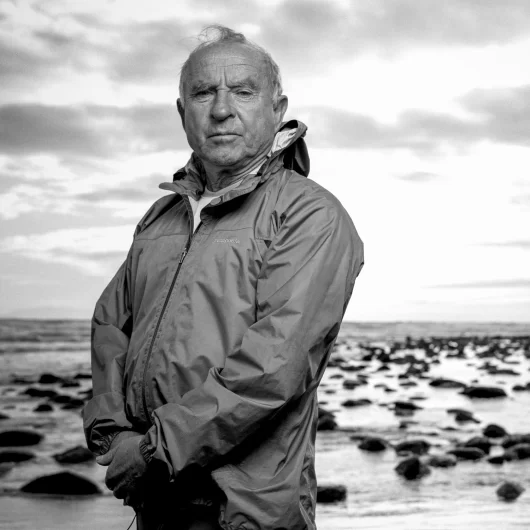
7. Take Care of The Planet
Ethical manufacturing is the framework upon which Patagonia is built. They couldn’t have said it better in their company values:
“We begin with the premise that all life on Earth is facing a critical time, during which survivability will be the issue that increasingly dominates public concern. Where survivability is not the issue, the quality of human experience of life may be, as well as the decline in the health of the natural world as reflected in the loss of biodiversity, cultural diversity, and the planet’s life support systems.
The root causes of this situation include fundamental values embodied in our economic system, including corporate world values. Among the problematic corporate values are the primacy of expansion and short-term profit over other considerations such as quality, sustainability, environmental and human health, and successful communities.”
— Yvon Chouinard, Let My People Go Surfing: The Education of a Reluctant Businessman
Recently, Yvon Chouinard donated the whole Patagonia company worth $3 billion to fight off global warming, which will become his legacy.
“Earth is now our only shareholder,” Chouinard, 83, said in a message to staff and customers. “Instead of ‘going public’, you could say we’re ‘going purpose’. Instead of extracting value from nature and transforming it into wealth for investors, we’ll use the wealth Patagonia creates to protect the source of all wealth.”
“The reason why we won’t face up to our problems with the environment is that we are the problem. It’s not the corporations out there; it’s not the governments; it’s us. We’re telling the corporations to make more stuff and make it as cheap and disposable as possible.
We’re not citizens anymore. We’re consumers. That’s what we’re called. It’s just like being an alcoholic and being in denial that you’re an alcoholic. We’re in denial that every one of us is the problem.
And until we face up to that, nothing’s going to happen. So, there’s a movement for simplifying your life: purchase less stuff, own a few things that are very high quality that last a long time, and that are multifunctional.”
— Yvon Chouinard, Montauk article “Don of the Dirtbags: An Interview with Yvon Chouinard“
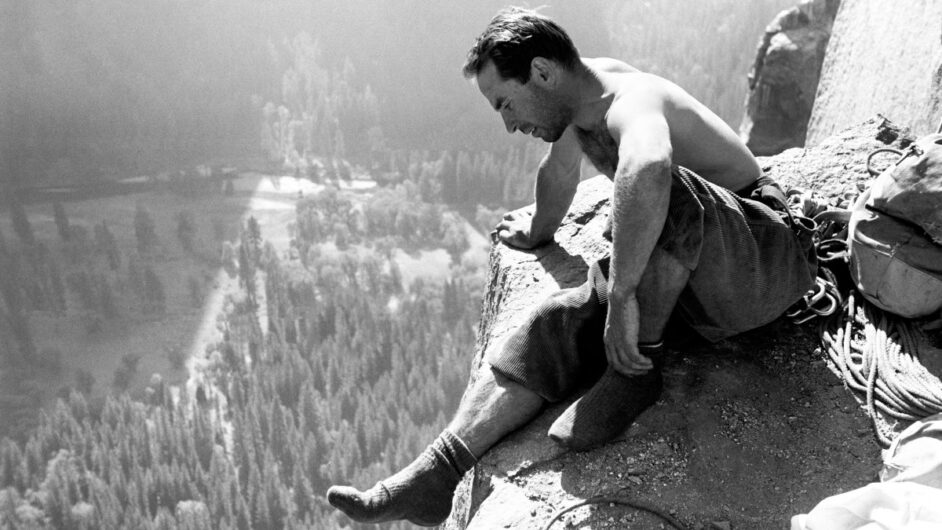
8. Create A Legacy
Yvon Chouinard’s grassroots movement has developed into a commercially viable and successful clothing business known as Patagonia. The company’s philosophy and values drove it to become one of the leaders in business and environmental activism. Through their 1% for the Planet movement, Patagonia has donated 1% of its sales to restoring and preserving the natural environment.
Patagonia’s legacy of giving to preserve the planet for future generations drove its business, a model of capitalism that thinks and acts to do good for the world. And with this philosophy, Patagonia was rewarded with very loyal customers.
In a move that shocked the world, instead of selling the company or doing an IPO, Yvon Chouinard and his Patagonia family decided to donate the whole company to the planet, worth $3 billion, to establish a trust and nonprofit organization that would continue his work and legacy.
Patagonia and Yvon Chouinard have created a legacy of giving, a vital lesson for future generations to focus on doing good and leaving the planet better off than when you arrive.


